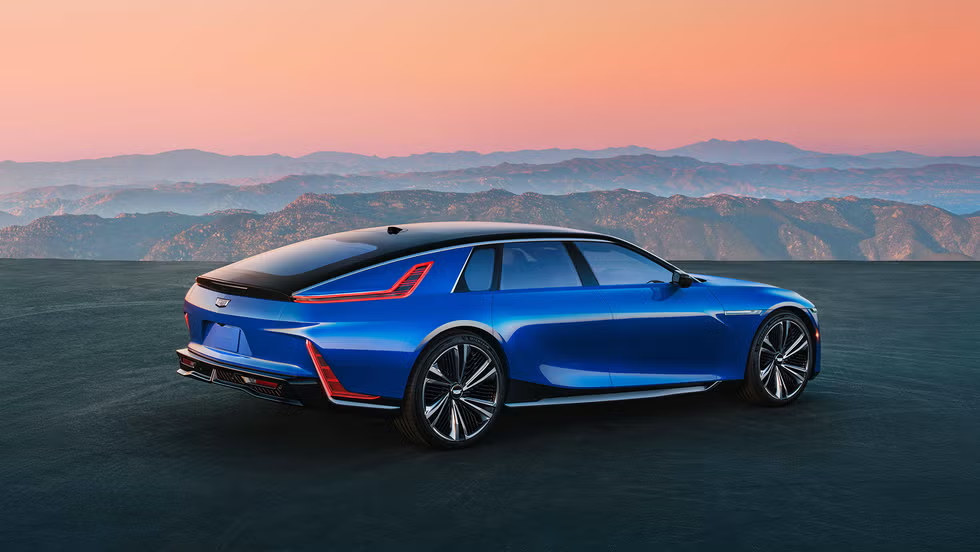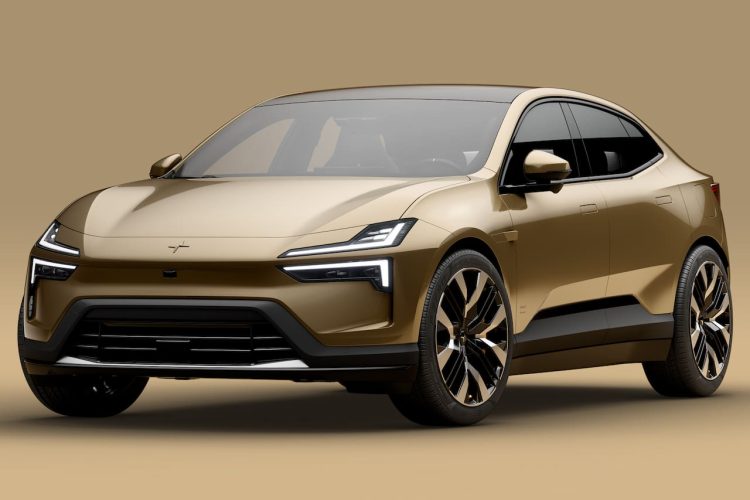Introduction
As the world becomes increasingly aware of environmental challenges and the urgent need to combat climate change, industries worldwide are being pressed to align with more sustainable practices. The automotive industry, with its significant environmental footprint, has faced increasing pressure from governments, regulatory bodies, and consumers to adapt to stricter environmental regulations. These regulations target various aspects of car manufacturing, emissions, fuel efficiency, and sustainability, prompting car brands to rethink how they produce and sell their vehicles.
The automotive industry is undergoing a dramatic transformation, driven by the need to comply with tightening regulations and the growing consumer demand for more eco-friendly vehicles. From reducing carbon emissions to adopting alternative fuel technologies and embracing sustainable manufacturing processes, car brands are rapidly changing to meet environmental expectations.
This article will delve into how car brands are responding to environmental regulations, exploring their eco-friendly initiatives and the steps they are taking to make car production more sustainable. We will examine the industry’s ongoing efforts to meet stricter environmental standards while balancing performance, innovation, and consumer demand.
Eco-Friendly Initiatives: How Major Car Manufacturers Are Adapting to New Environmental Regulations
As environmental concerns become more urgent, governments worldwide are introducing more stringent regulations aimed at reducing greenhouse gas emissions, improving air quality, and increasing fuel efficiency. The European Union, the United States, China, and other major markets have enacted or are planning to enact regulations that impact both vehicle emissions and manufacturing processes. These regulations are encouraging car brands to accelerate their shift toward electric vehicles (EVs) and other sustainable technologies.
1. Transition to Electric Vehicles (EVs)
One of the most significant responses from car manufacturers to environmental regulations is the shift toward electric vehicles. As global governments tighten regulations on internal combustion engine (ICE) vehicles, many automakers are doubling down on electric mobility. The transition to EVs is seen as one of the most effective ways to reduce carbon emissions and improve air quality in urban areas. Major car brands are ramping up their EV offerings and committing to more sustainable production methods.
- Tesla: As a pioneer in the EV space, Tesla continues to lead the way in adapting to environmental regulations. Tesla’s vehicles are all-electric, and the company focuses heavily on energy efficiency and sustainability, both in its vehicles and manufacturing processes. Tesla has also committed to producing more affordable electric vehicles, ensuring that a wider range of consumers can transition to more sustainable transportation.
- Volkswagen: Volkswagen has committed to launching numerous electric models in the coming years as part of its “Together – Strategy 2025” initiative. The brand’s electric vehicle lineup includes the ID.4, an all-electric SUV, and the ID.3, a compact car, which help to meet Europe’s increasingly stringent emissions standards. Volkswagen has also invested in expanding its electric vehicle production and battery technology.
- General Motors: General Motors (GM) has committed to an all-electric future, pledging to have 30 all-electric vehicles in its lineup by 2025. The company has already released the Chevrolet Bolt, a popular electric compact car, and it is continuing to push for EV adoption with new models, including the GMC Hummer EV and the Cadillac LYRIQ.
2. Hydrogen Fuel Cell Vehicles (FCVs)
While electric vehicles dominate the conversation about eco-friendly cars, hydrogen fuel cell vehicles (FCVs) are also part of the equation. Hydrogen fuel cells generate electricity through an electrochemical process, producing only water vapor as a byproduct. This makes FCVs an attractive option for car brands aiming to comply with environmental regulations while offering long-range capabilities.
- Toyota: Toyota has been at the forefront of hydrogen fuel cell technology with its Toyota Mirai, one of the few commercially available hydrogen-powered vehicles. The company believes that hydrogen will play a key role in reducing carbon emissions, particularly in regions where electric vehicle infrastructure is still developing.
- Hyundai: Hyundai has also embraced hydrogen technology with the Hyundai Nexo, a hydrogen-powered SUV. The company is committed to building a hydrogen-powered future alongside its electric vehicle offerings.
3. Alternative Fuel and Hybrid Vehicles
In addition to fully electric and hydrogen-powered cars, many automakers are offering hybrid vehicles that combine internal combustion engines with electric drivetrains to reduce emissions. Hybrid vehicles can be a transitional solution, allowing consumers to move toward greener transportation without fully abandoning conventional powertrains.
- Ford: Ford has embraced the hybrid model with vehicles like the Ford F-150 PowerBoost Hybrid and the Ford Escape Hybrid. The company also plans to release more hybrid and plug-in hybrid models in the coming years as part of its broader strategy to reduce its overall carbon footprint.
- Honda: Honda has long been a proponent of hybrid and fuel-efficient vehicles. With models like the Honda Insight and Honda Clarity Plug-In Hybrid, the company is working to reduce emissions while providing consumers with more environmentally friendly options.
- Toyota: Toyota’s Prius, one of the most popular hybrid vehicles, continues to be a major player in the hybrid market. Toyota has also expanded its hybrid lineup to include models like the Toyota RAV4 Hybrid and Toyota Camry Hybrid, catering to consumers looking for lower emissions without compromising on convenience.

Sustainability in Manufacturing: The Steps Being Taken to Make Car Production More Sustainable
Beyond shifting to electric and hybrid vehicles, car brands are also working to make the manufacturing process itself more sustainable. The production of vehicles, especially internal combustion engine vehicles, can be resource-intensive and have a significant environmental impact. In response to environmental regulations and the demand for greener manufacturing practices, automakers are adopting various measures to reduce their carbon footprint and make their operations more sustainable.
1. Carbon Neutrality Goals
Several automakers have announced goals to achieve carbon neutrality in their operations. Carbon neutrality involves balancing the amount of carbon emitted with the amount removed from the atmosphere, effectively reducing a company’s overall carbon impact to zero.
- Volvo: Volvo has set an ambitious goal to become a fully climate-neutral company by 2040. The company aims to reduce its carbon emissions per car by 40% by 2025 and is committed to using sustainable materials in its vehicles. Volvo’s focus on sustainability extends to its manufacturing facilities, which are increasingly powered by renewable energy.
- BMW: BMW is also working towards achieving carbon neutrality by 2050. The company has pledged to reduce emissions across the entire lifecycle of its vehicles, from manufacturing to disposal. BMW’s production facilities are adopting energy-efficient technologies, and the company is investing in renewable energy to power its plants.
- General Motors: General Motors has set a target to achieve carbon neutrality by 2040. The company plans to invest in renewable energy, energy-efficient manufacturing processes, and the use of recycled materials to reduce the environmental impact of its operations.
2. Recycled Materials and Sustainable Sourcing
The use of recycled materials and sustainable sourcing practices is another way car brands are working to make their manufacturing processes greener. Automakers are increasingly turning to sustainable materials for everything from vehicle interiors to body panels.
- Audi: Audi has taken significant steps to reduce the environmental impact of its vehicles by using recycled materials in its manufacturing process. For example, the Audi e-tron electric vehicle features sustainable materials, such as recycled aluminum and plastics, in its construction.
- BMW: BMW is incorporating more sustainable materials into its vehicles, such as recycled plastics and natural fibers. The company is also using renewable energy to power its factories and has committed to increasing the use of recycled materials in future vehicle production.
- Ford: Ford has been using renewable and recycled materials in its vehicle manufacturing for years. For instance, the company uses soy-based foam for seat cushions and recycled plastic bottles in certain vehicle components. Ford has also committed to reducing the amount of water used in its manufacturing processes.
3. Energy-Efficient Manufacturing Processes
Reducing energy consumption and increasing the efficiency of manufacturing processes are crucial components of sustainability in car production. Many automakers are investing in energy-efficient technologies, renewable energy sources, and automation to make their factories more sustainable.
- Tesla: Tesla’s Gigafactories are designed to be energy-efficient, using renewable energy sources like solar power and wind energy to minimize the environmental impact of production. Tesla’s commitment to sustainable manufacturing also extends to its vehicle batteries, which are designed to be recyclable and use fewer toxic materials.
- BMW: BMW’s plants in Germany and abroad are working toward achieving carbon neutrality by using energy-efficient manufacturing processes, optimizing production lines, and investing in renewable energy sources. The company’s Dingolfing plant, one of BMW’s largest factories, has become a leader in energy-efficient production.
Conclusion
The automotive industry is undergoing a transformative shift in response to tightening environmental regulations and growing consumer demand for sustainable options. Major car brands are embracing electric vehicles, hydrogen fuel cell technology, and hybrid vehicles as part of their commitment to reducing emissions and minimizing their environmental impact. At the same time, automakers are working to make their manufacturing processes more sustainable, from using recycled materials to implementing energy-efficient technologies.
While challenges remain in meeting these ambitious environmental goals, the automotive industry is making significant strides toward a more sustainable future. The transition to eco-friendly vehicles and sustainable manufacturing practices will not only help car brands comply with regulations but will also set new standards for the industry, ensuring that future generations can enjoy a cleaner, greener transportation ecosystem.


































Discussion about this post